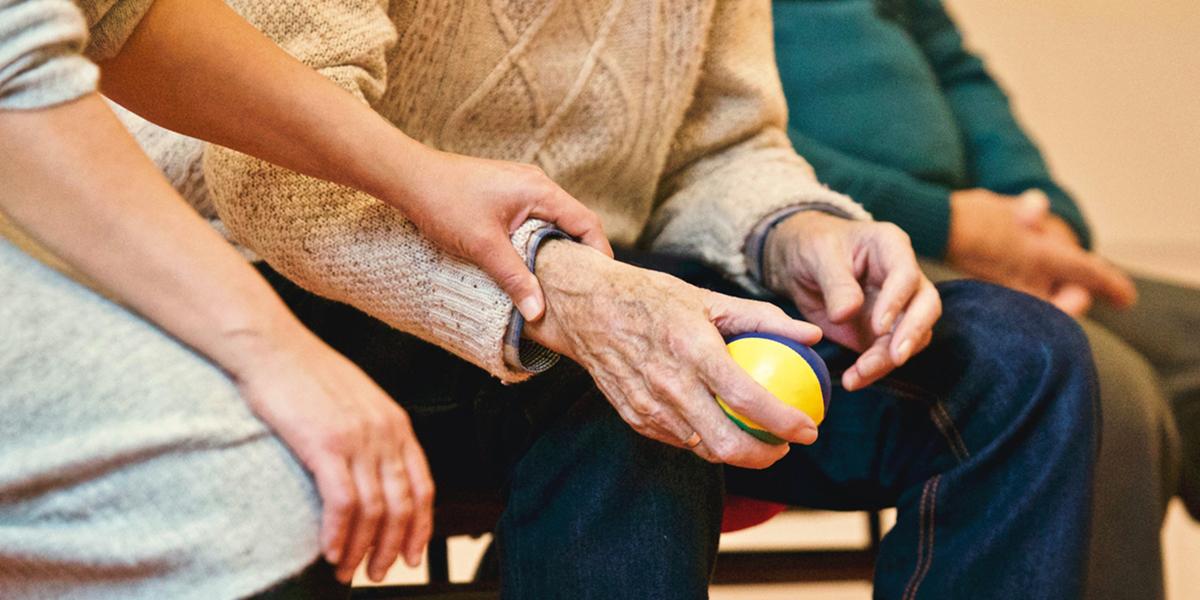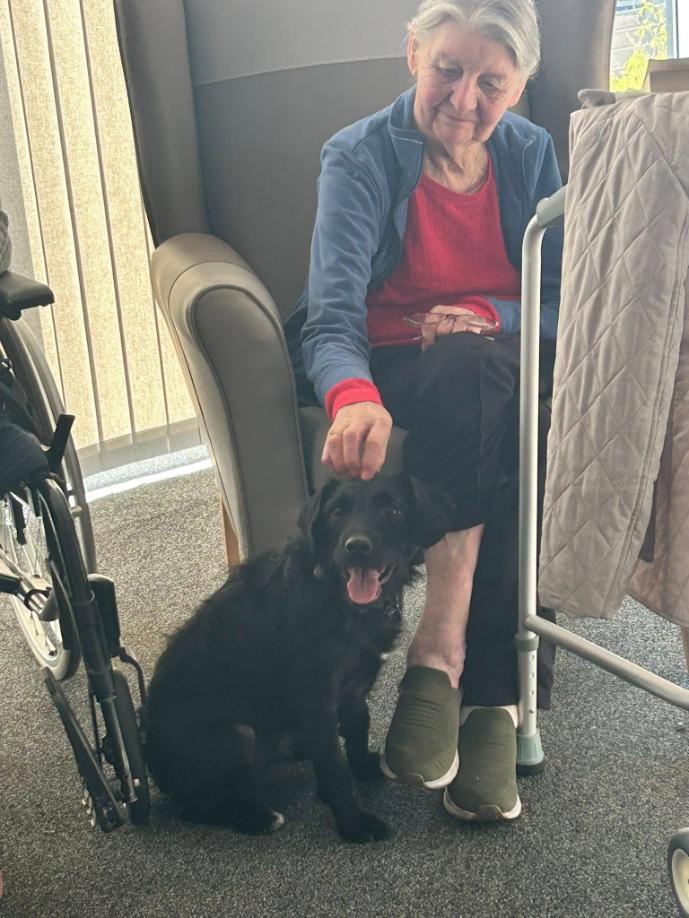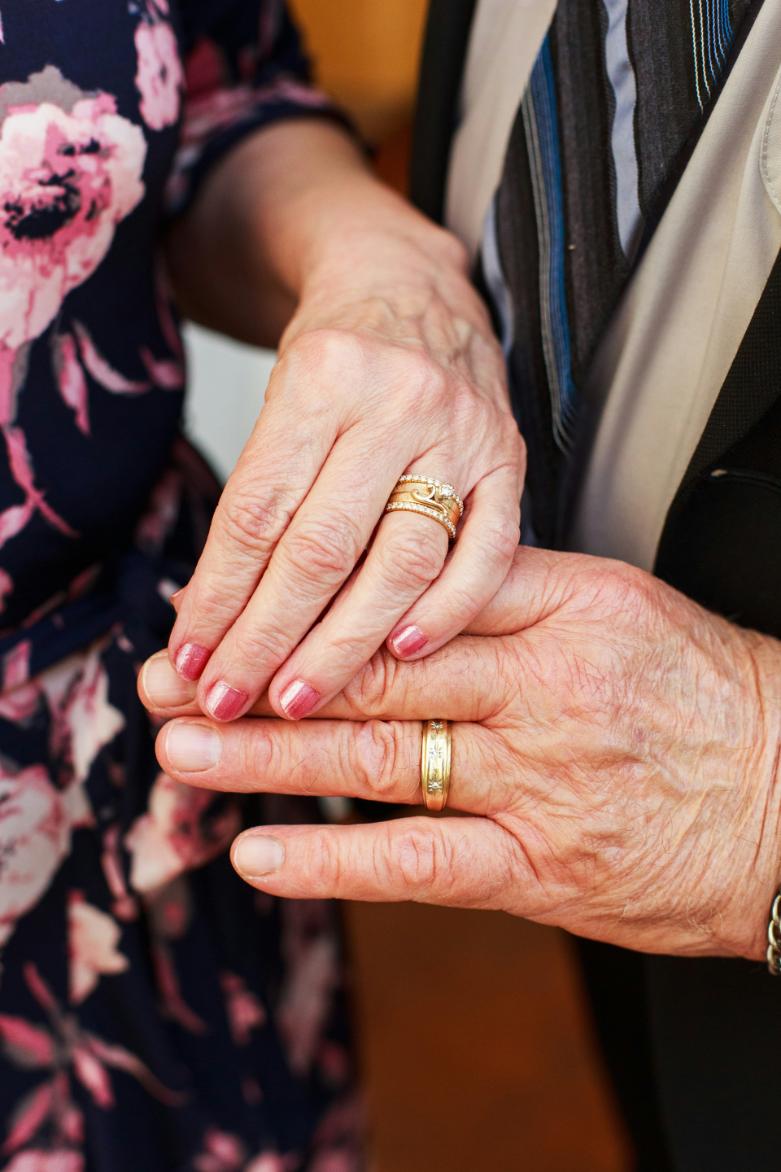Palliative Care vs End of Life Care: What is the Difference and Which is the Right Choice?

When faced with a life limiting illness or serious illness, it's natural for individuals and families to feel overwhelmed by the choices and terminology surrounding care. Terms like palliative care and end of life care are often used interchangeably, but they represent different approaches and stages of care. Understanding palliative care vs end of life care can empower people to make informed decisions that align with their needs, values, and preferences.
In this guide, we will explore the key differences between these two types of care, what each involves, who provides it, and in what care settings it can be delivered. We'll also offer guidance on choosing the right option depending on your situation or that of a loved one.
What is Palliative Care?
Palliative care is a type of specialist care designed to support people with a life limiting condition, incurable illness, or serious illness. The primary aim of palliative care is to improve quality of life by managing symptoms, relieving pain, and offering practical and emotional support to both patients and their family members.
It's important to note that people can receive palliative care at any stage of a serious illness, even while undergoing curative treatments or therapies that aim to prolong life. Palliative care may be offered in outpatient clinics, own homes, nursing homes, hospice care settings, or hospitals.
What Does Palliative Care Include?
Palliative care takes a holistic approach to well being, encompassing:
- Medical care to manage pain, distressing symptoms, and physical symptoms like fatigue, breathlessness, or nausea
- Emotional support for patients and families
- Spiritual support to help individuals cope with questions around meaning, belief, and mortality
- Practical support with daily activities, coordination of care, and access to resources
- Complementary therapists and other treatments that enhance comfort and relaxation
The focus is not solely on the illness itself but on the person as a whole. Care is tailored to the person's requirements and values, often delivered by a multidisciplinary team of healthcare professionals, including general practitioners, community nurses, social care professionals, occupational therapists, social workers, and other specialists.
What is End of Life Care?
End of life care is a subset of palliative care that specifically supports people who are in the final days, weeks, or months of life. It is typically provided when a terminal diagnosis has been made, and the person's life expectancy is limited - often within the last few weeks or months.
The goal of end of life care is to help people live as well as possible until they die, ensuring their dignity, comfort, and preferences are honoured. Just like palliative care, it involves a multidisciplinary team of care professionals who offer personalised care in various care settings, including care homes like Deeside, hospices, hospitals, or the individual's own home.
What Does End of Life Care Include?
End of life care shares many elements with palliative care but with a sharper focus on preparing for and navigating the dying person's final days. This includes:
- Controlling symptoms like pain, anxiety, and breathlessness
- Providing personal care, such as assistance with hygiene, eating, and mobility
- Offering bereavement support to families before and after the death
- Ensuring legal and practical matters are addressed (e.g. advance care planning, wills)
- Offering spiritual support to individuals and families
- Creating a calm, respectful environment in which to say goodbye
Key Differences Between Palliative Care and End of Life Care
Understanding the key differences is crucial when finding the right care type for you or a loved one. While palliative care and end of life care share many principles - such as a focus on comfort, dignity, and holistic well being - there are some important distinctions to understand.
Palliative care can begin at the point of diagnosis and may continue for months or even years. It is suitable for people living with a life limiting condition or serious illness, regardless of their prognosis. Its primary aim is to improve quality of life by relieving pain, managing distressing symptoms, and offering emotional, spiritual, and practical support. People receiving palliative care may still be undergoing curative treatments such as chemotherapy, physiotherapy, or surgery. It is a flexible approach delivered in various care settings, including hospitals, nursing homes, hospices, and people's own homes.
In contrast, end of life care is typically provided in the final days, weeks, or months of a person's life, when it is clear that the illness is no longer curable and the focus is entirely on comfort and dignity. This type of care addresses the physical, emotional, and spiritual needs of the dying person, while also supporting their family members. Treatments at this stage are not designed to prolong life but to make the person as comfortable as possible. End of life care is often provided by a specialised team in hospices, care homes, or at home, and includes bereavement support for loved ones both before and after death.
The key difference lies in the timing and focus: palliative care can start early and run alongside other treatments, whereas end of life care begins when someone is nearing the end of their life and curative options have ceased.
Which is the Right Choice?
Choosing between palliative care and end of life care is not about selecting one over the other. In fact, end of life care is part of the wider umbrella of palliative care. The key lies in understanding your or your loved one's illness, goals, and current stage of health.
When Palliative Care is the Right Choice
Palliative care is suitable when:
- You or a loved one has been diagnosed with a life limiting condition or serious illness
- You are undergoing treatment for cancer, heart disease, respiratory illness, dementia, or other life limiting conditions
- You are living with an incurable illness but not yet in the final stage
- You require help to manage pain, control physical symptoms, or receive practical and emotional support
- You wish to maintain independence and autonomy for as long as possible
Palliative care can be provided alongside other medical treatments, including chemotherapy or surgery, and is especially valuable in promoting comfort and enabling patients to take an active role in their care decisions.
When End of Life Care is the Right Choice
End of life care is appropriate when:
- You or a loved one has been given a terminal diagnosis with a limited life expectancy
- Curative treatment is no longer effective or desired
- The focus shifts entirely to relieve pain, manage symptoms, and support a peaceful death
- There is a need for intensive personal care and monitoring in the final days
- You wish to spend your final moments in comfort, with dignity, and surrounded by loved ones
Families often find that receiving end of life care in a nursing home or hospice care setting ensure consistent support and relieves the burden or caregiving.
How Deeside Care Home Supports Palliative and End of Life Care
At Deeside Care Home, we understand that facing a serious illness or planning for the end of life is an emotional and deeply personal journey. That's why we offer both palliative care and end of life care that is sensitive, compassionate, and always centred on the individual.
Our experienced healthcare professionals and social care professionals work as part of a multidisciplinary team, including: community nurses, general practitioners, occupational therapists, complementary therapists, social workers, and specialist care providers.
Together, we create a personalised care plan that reflects each person's needs, wishes, and beliefs. Whether it's helping to control symptoms, offering emotional support, providing spiritual support, or assisting with day-to-day personal care, we're here every step of the way.
We also support family members throughout the journey, from diagnosis to bereavement support, ensuring they're never alone.
Empowering Informed Choices
In summary, while palliative care and end of life care services are closely related, they serve different purposes at different times. Palliative care focuses on improving quality of life for people living with serious or life limiting conditions - sometimes for months or even years - while end of life care support people in their final phase of life, ensuring dignity, comfort, and peace.
Understanding the difference between palliative care vs end of life care can help you or your loved one plan for the future with confidence and clarity.
If you would like to know more about the care services available at Deeside Care Home, including how we can support your journey or that of a loved one, please don't hesitate to get in touch. We're here to provide expert guidance, a listening ear, and a safe place to navigate whatever lies ahead.





